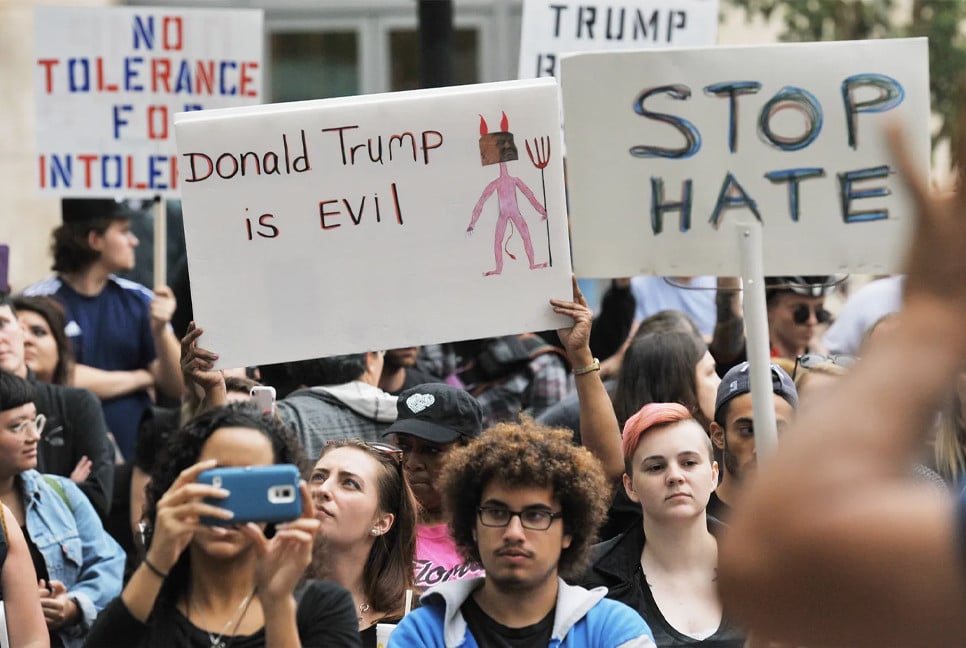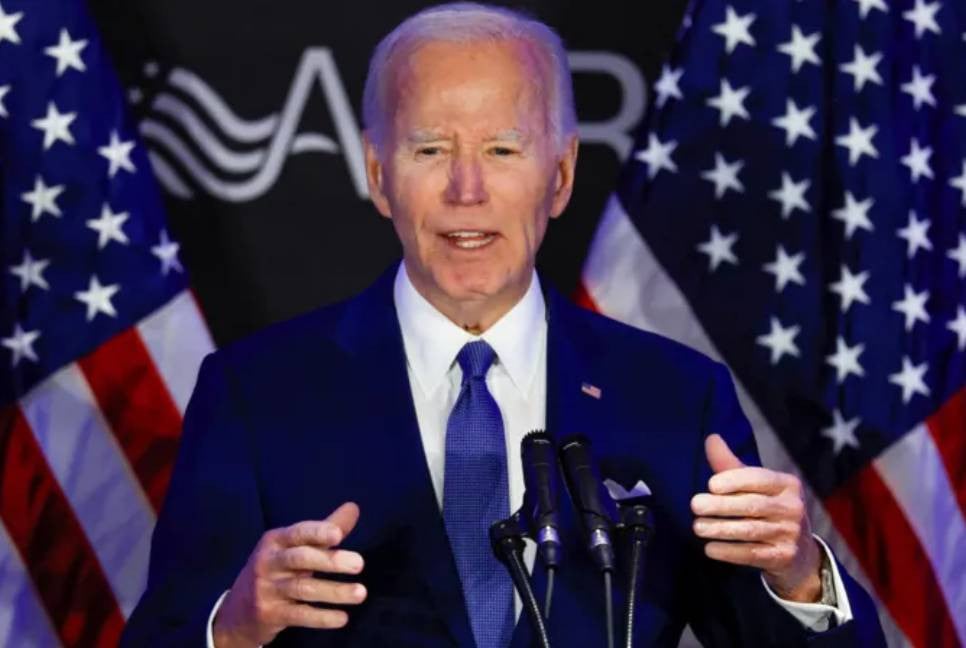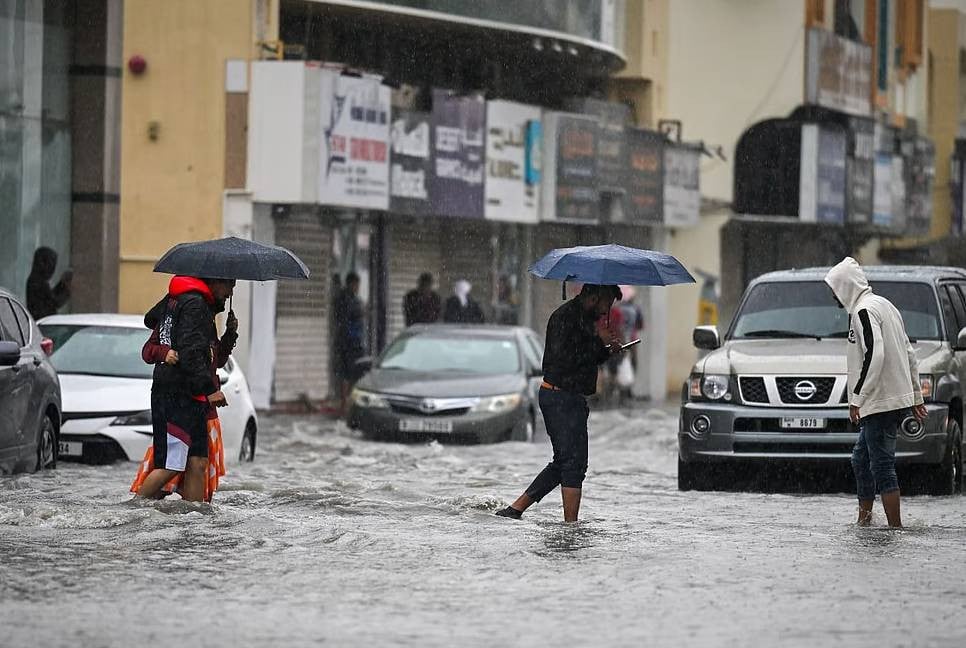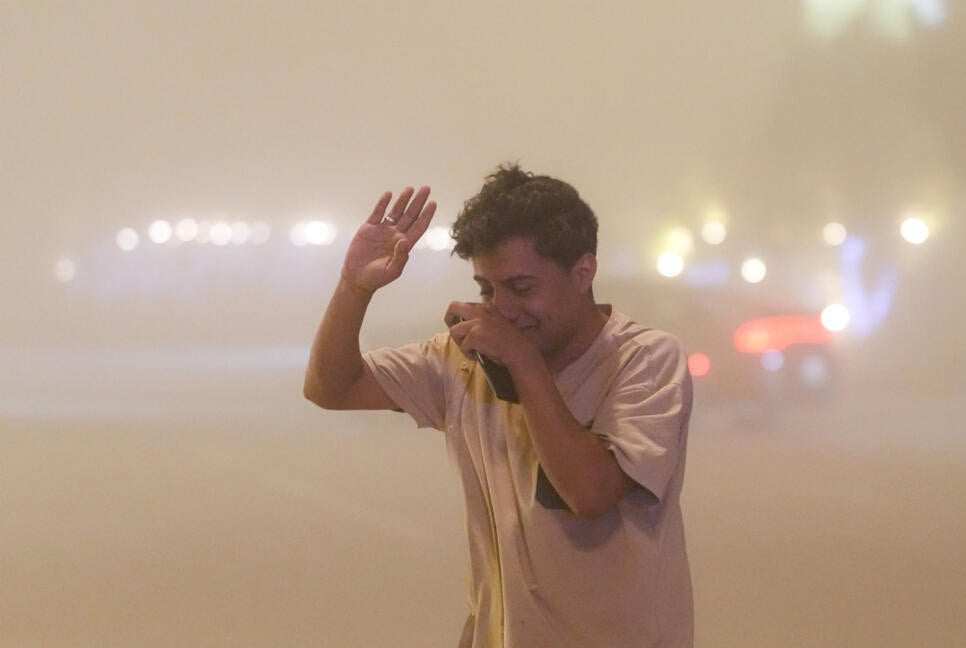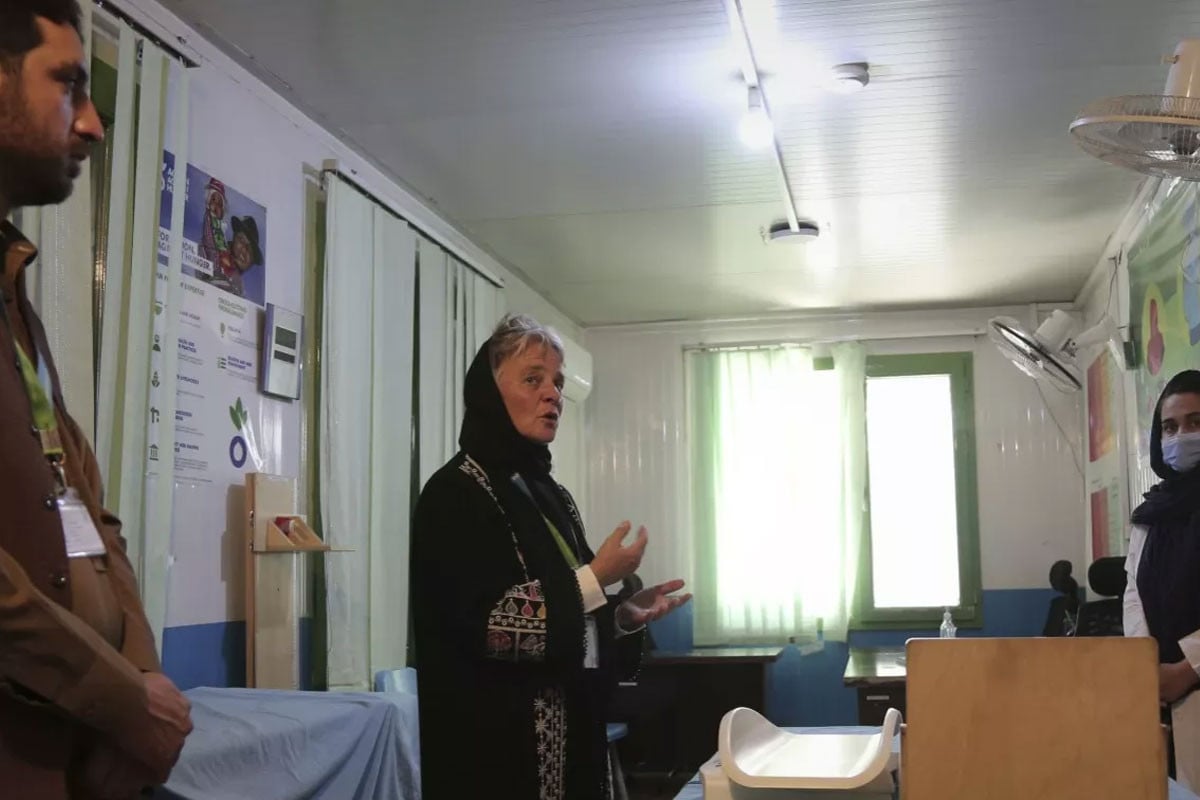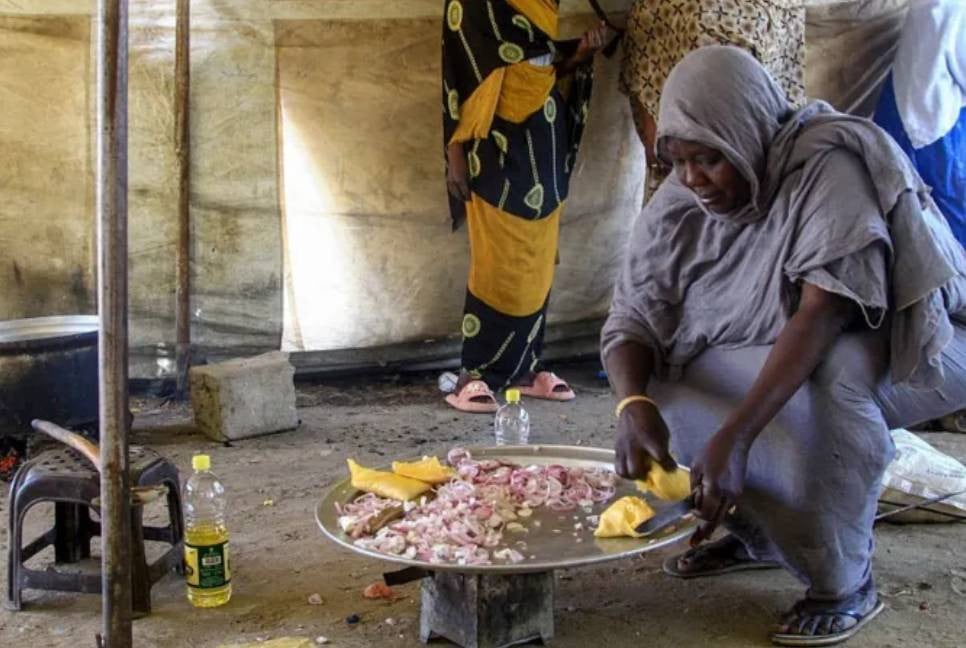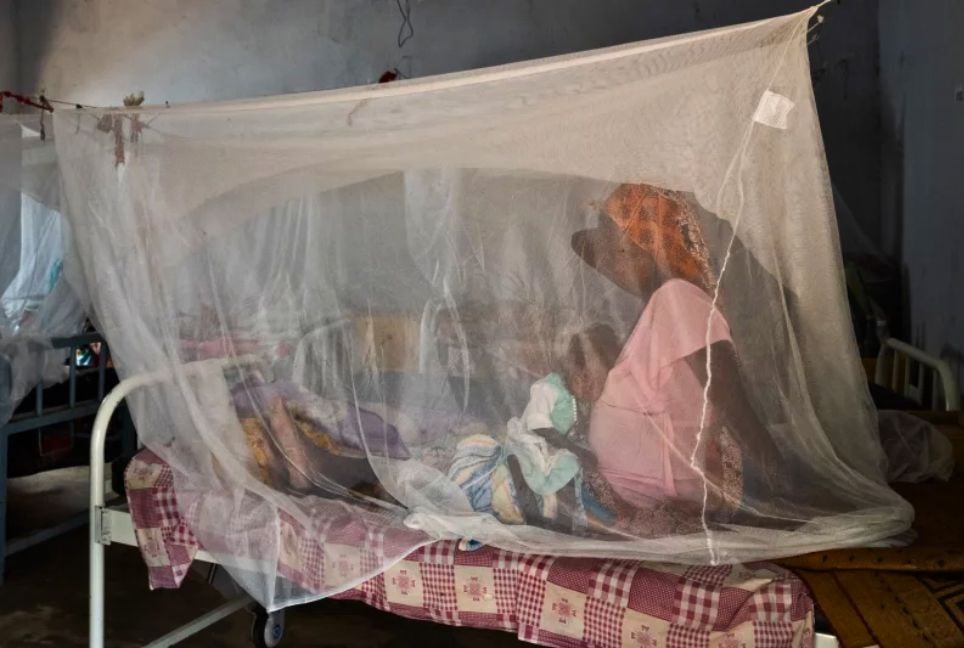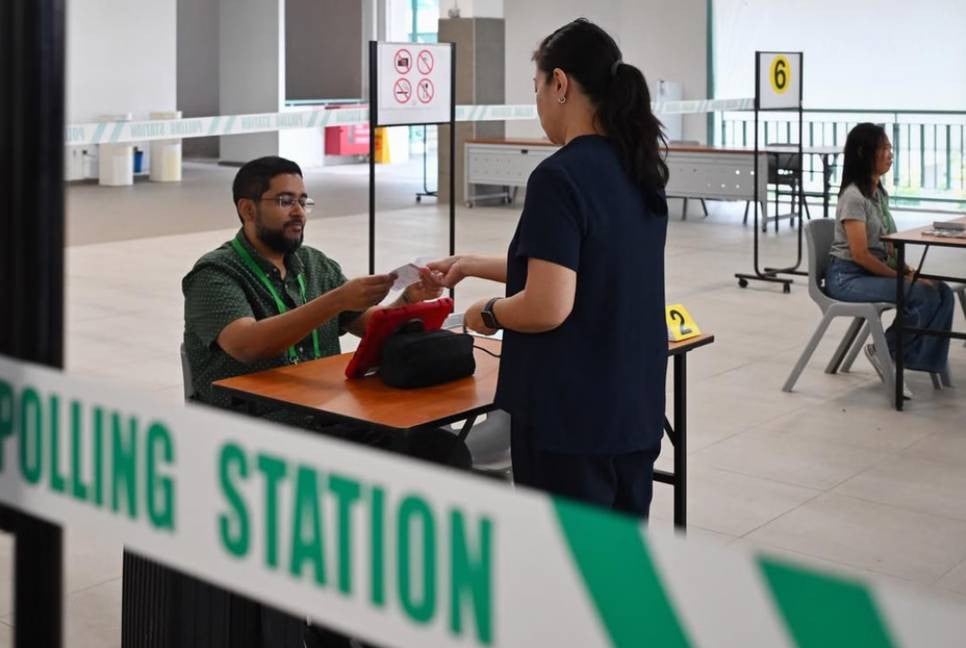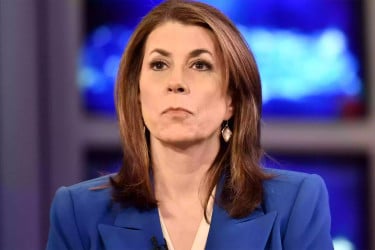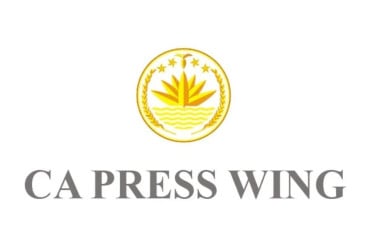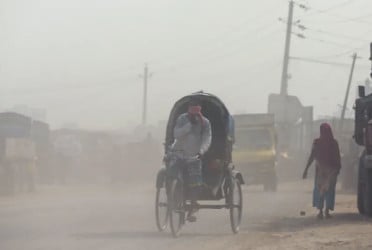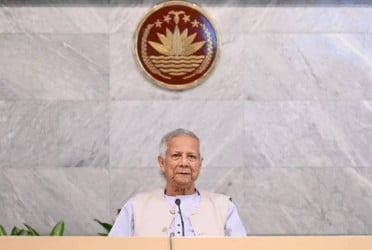Transgender youth in the United States have been flooding crisis hotlines since the election of Donald Trump, who made anti-transgender themes central to his campaign. Many teens worry about how their lives could change once he takes office, reports AP.
During his presidential bid, Trump pledged to impose wide-ranging restrictions and roll back civil rights protections for transgender students. And his administration can swiftly start work on one major change: It can exclude transgender students from Title IX protections, which affect school policies on students’ use of pronouns, bathrooms and locker rooms.
For one Alabama teen, the ad seemed to paint transgender and nonbinary people as a threat to society. The weekend before Election Day, the 16-year-old teen, who identifies as nonbinary and uses the pronouns “he” and “they,” called a crisis hotline at the Rainbow Youth Project. The group that serves LGBTQ+ young people has received more than 5,500 calls to its crisis hotline in the past 10 days, up from the 3,700 calls it typically gets every month.
The teen was in despair and struggling with suicidal thoughts, according to his mother, Carolyn Fisher. She said she hadn’t realized the depth of her child’s depression and how painful it was for him to see political ads that felt like a personal attack.
With the help of crisis counselors, Fisher said her teen has begun feeling better. But bullying at school has gotten worse, with some students telling her child Trump is going to make him “go back in the closet,” Fisher said.
According to a U.S. Centers for Disease Control and Prevention survey, 3.3 percent of high school students identify as transgender and another 2.2 percent question their gender.
Under the new Trump administration, advocates worry efforts anywhere to accommodate transgender and nonbinary students could face scrutiny. Trump’s platform called for pulling federal funding for any school pushing “gender ideology, or other inappropriate racial, sexual, or political content on our children.”
“It sounds really dystopian to say that trying to be more inclusive could actually result in punishment from the federal government. But that is a risk,” said Elana Redfield, federal policy director for the Williams Institute at the UCLA School of Law.
With so much uncertainty, Eli, an 18-year-old trans college student in New York, stressed the importance of community, especially online for youth who feel concerned right now.
“You are not alone,” said Eli, an ambassador for It Gets Better, who asked to be identified only by his first name for safety reasons. “We will come out the other side. There are queer adults who have lived long and happy lives, and you will get there too.”
Bd-pratidin English/Tanvir Raihan

